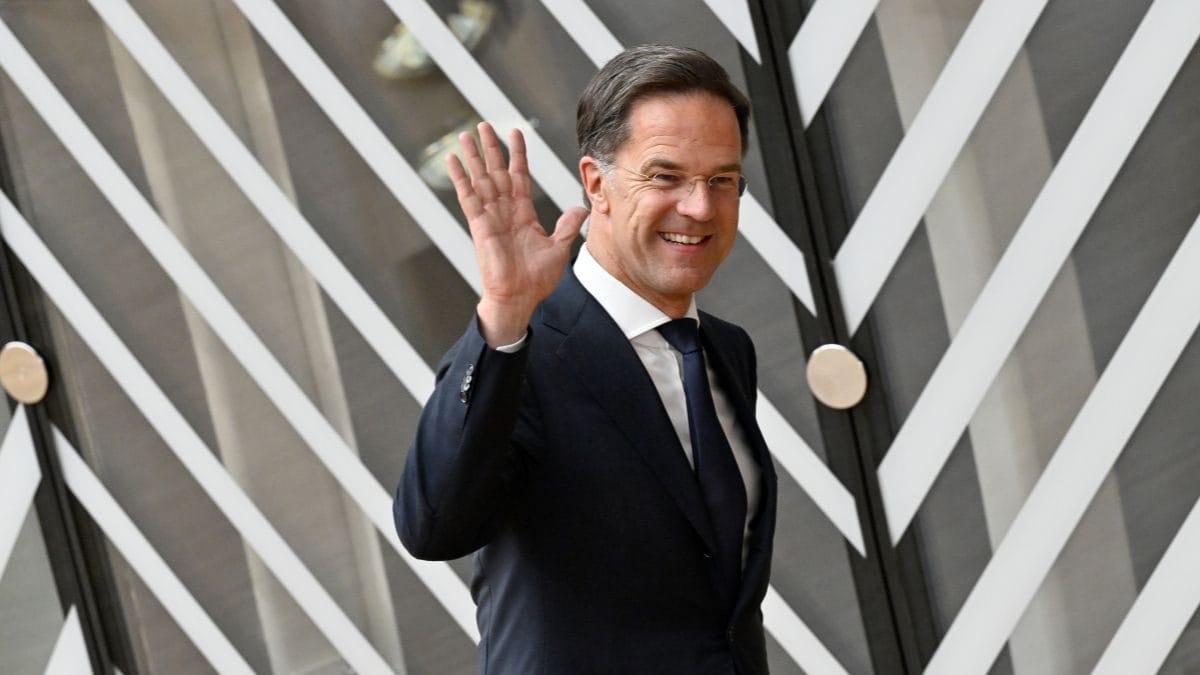Dutch Govt Collapses After Coalition Fails to Agree on Migration, Elections Likely in Nov | Top Points – News18
Last Updated: July 08, 2023, 09:07 IST

Netherlands’ Prime Minister Mark Rutte gestures as he arrives for a European Council Summit, at the EU headquarters in Brussels. (AFP)
The decision by the Netherlands’ longest-serving premier means the country will face a general election later this year for the 150-seat lower house of Parliament
The Dutch government collapsed on Friday over “insurmountable” differences within the four-party coalition about how to check migration, a divisive issue that has split nations across Europe.
Dutch Prime Minister Mark Rutte, Netherlands’ longest-serving leader and one of Europe’s most experienced politicians, said days of crisis talks between the four parties failed to produce a deal.
The elections are expected to be held in mid-November, the Dutch election commission has said.
Here are the top updates in the story:
- The decision by the Netherlands’ longest-serving premier means the country will face a general election later this year for the 150-seat lower house of Parliament. However, Rutte and his government will remain in office in a caretaker capacity until a new ruling coalition is chosen.
- The government was formed a year and a half ago but the parties have been opposed on migration for some time.
- “It is no secret that the coalition partners have very different views on migration policy,” Rutte said. “And today, unfortunately, we have to draw the conclusion that those differences are irreconcilable. That is why I will immediately … offer the resignation of the entire Cabinet to the king in writing,” he added.
- The opposition parties are calling for fresh elections even before Rutte formally confirmed his resignation.
- Rutte had presided over late-night meetings Wednesday and Thursday that failed to result in a deal on migration policy. At one final round of talks Friday evening, the parties decided unanimously that they could not agree and, as a result, could not remain together in the coalition.
- The decision underscored ideological divisions that existed between parties that do not support a strict crackdown on migration — D66 and fellow centrist party ChristenUnie, or Christian Union — and the two that favour tougher measures — Rutte’s conservative People’s Party for Freedom and Democracy and the Christian Democrats.
- The issue is not just restrained to Netherlands. Similar discussions are going on elsewhere in Europe as migrants fleeing conflict or seeking a better life make perilous sea crossings from northern Africa to reach the continent. Hundreds of thousands of people also have fled the grinding war in Ukraine.
- Migration is set to be an essential theme of European Union parliamentary elections next year, but the issue hit early in the Netherlands, a nation that has long been torn between a welcoming international outreach and increasing resistance to foreign influences.
- Rutte’s coalition tried for months to hash out a deal to reduce the flow of new migrants arriving in the country of nearly 18 million people. Proposals reportedly included creating two classes of asylum- a temporary one for people fleeing conflicts and a permanent one for people trying to escape persecution.
For all the latest world News Click Here


